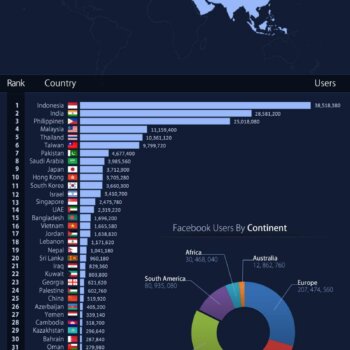Businesses face chaotic situations all the time, and often times, it’s due to no fault of their own. You can call it “the hand of God” or whatever you like, learn how to deal with it, and then move on. But there’s another word called “contingency planning”. By definition, this means that you get to predict unforeseen events and then plan accordingly.
Businesses have to plan everything before they start: what they’ll be doing, how they’ll be doing it, and all the other things that go into a firm and well-laid out “plan”. Not so surprisingly, these plans include what to do when a foreseen-unforeseen event strikes. Sounds confusing?
Let’s clarify this concept further with 3 examples ill-fates start ups often have to face—and (thankfully) ways they could easily be prevented before they even happen.
Investment Troubles: Most small businesses are often funded by the initiators saving. This works fine in the beginning, but when things start to grow and team members start to add up, further financing is needed. Once again, the owner is tempted to draw on personal savings to avoid the hassle of taking loans. But if the founder’s financial situation isn’t good, it could lead to serious and unnecessary financial troubles in just a matter of time.
A better strategy is to maintain a positive cash flow. If your revenue doesn’t seem to be exceeding your expenses, it could be too late before your business runs dry. Be wary of your cash flow situation by running background checks, establishing firm payment terms, and using best practices. If it looks like your cash flow is bordering over negative and you could be heading for danger, acquire more funding to return to the safety.
Intellectual Property Theft: It may be last on your mind, but if it can happen to the Winklevoss twins, it can happen to anyone. Hey, it can even happen to Steve Jobs! In fact, this is something that happens all the time with all types of entrepreneurs and business people. Sadly, in the world of business, you’ve got to own up your “rights” before anything else can happen. Unless of course you want your competitor to steal your design, your partner to start selling your product with his name—or worse – sell it to another company! Knowing what to do with your unique idea will require some research time on the subject, registering, and as soon as you can, protection of your products with intellectual property and NDAs.
Also be forewarned, you don’t want to be the one paying fines for using another business’s intellectual property either. So make sure you reviews the terms or ask for consent before you decide “borrow” another’s name, product, concept, design, etc. Without even knowing it, you could be signing your business up for heavy fines and bankruptcy even before it began.
Competition Becoming the King: Suppose you have started up your business and you’re running quite successfully. What’s the next that happens? In the world of business you are always snatching away someone’s customers – whether they like it or not. If your competitors are vigilant enough, they’re not going to like and they’ll come up with new ways to compete with you, snatching back their customers once again.
This is easily preventable if you are just as prepped up and vigilant as your competitors. Do your research and keep a close eye on what your competitors have been up to. Every time they come up with new strategies to beat you, respond accordingly and let them know that you can also beat them to it!
by James Thompson, a business author candidate for The Asian Entrepreneur. James is an experienced and passionate writer having diverse expertise in education, career and technology. A committed essayists, he provides essay services. Learn more.




























